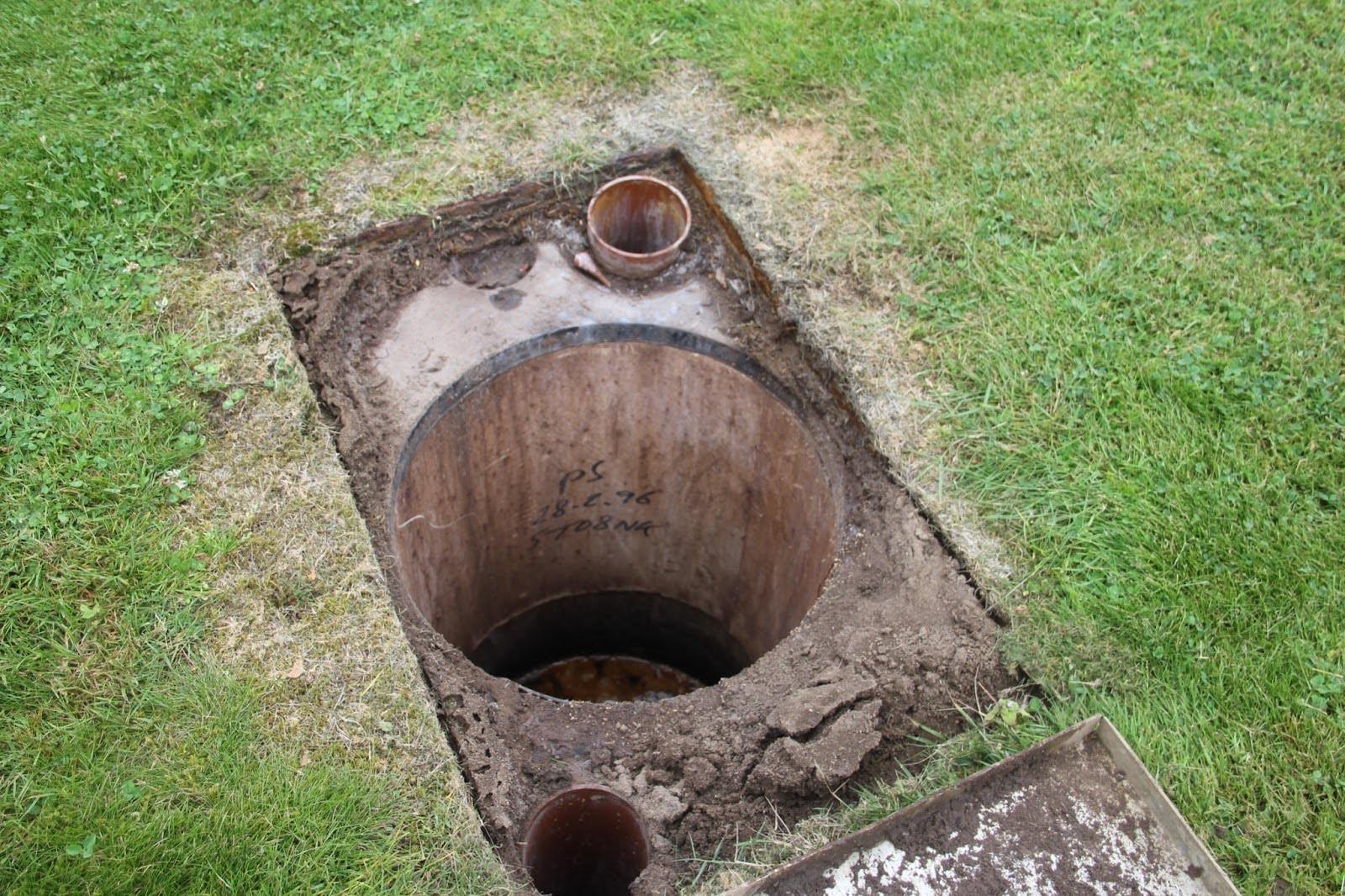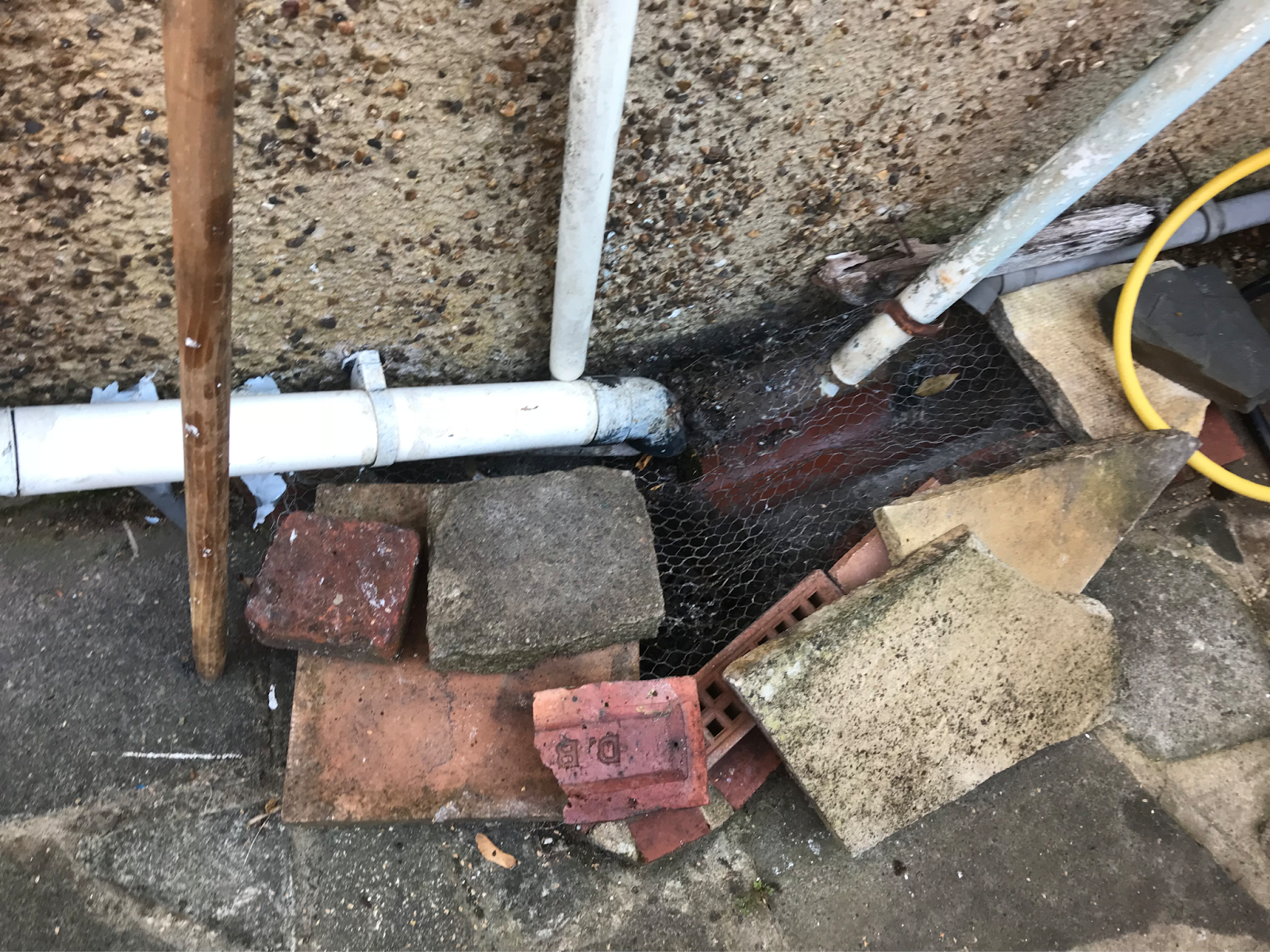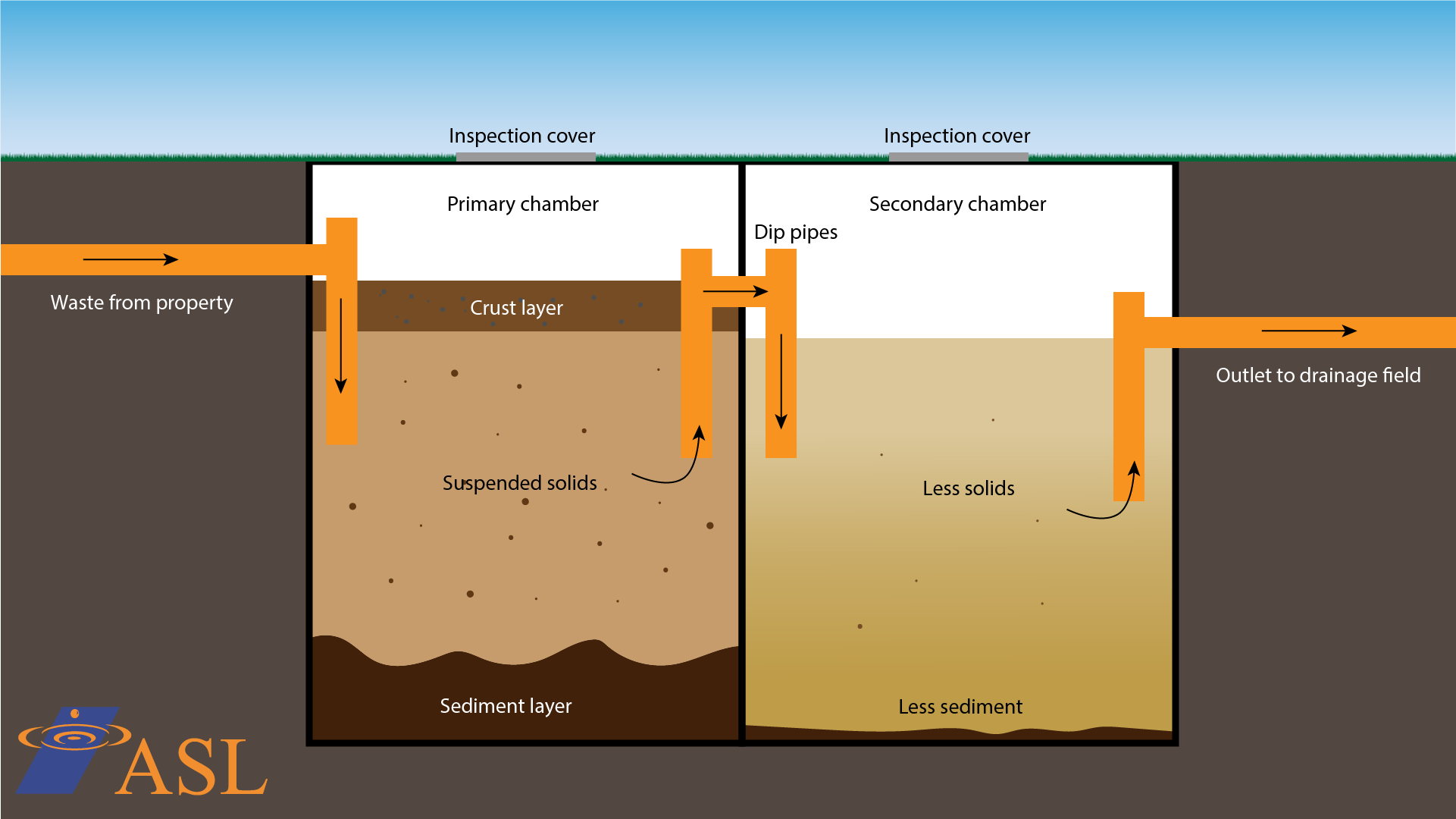The Effectiveness of Septic Tanks and Treatment Plants as Private Sewage Systems

Septic tanks and treatment plants can be highly effective private sewage systems when installed correctly and maintained regularly. Both systems have unique roles but share the goal of safely managing wastewater in environments where mains drainage is not available. Here, we’ll explore how these systems work, the key factors for success, common issues, and best practices.
How These Systems Function
- Septic Tanks: The primary role of a septic tank is to separate solids from wastewater, with further treatment occurring in the land drains or drainage field. This process ensures that solids do not overwhelm the system or pollute the environment.
- Treatment Plants: These systems hold and treat wastewater within the plant itself before discharging treated water into land drains, watercourses, streams, or rivers.
Key Factors for Success
-
Proper Installation:
- Systems must be installed in suitable ground conditions and sized to meet the household’s needs. Ground that is damp, wet, or predominantly clay is unsuitable for septic tanks.
- A treatment plant requires the correct setup to ensure efficient and environmentally safe discharge.

-
Exclusion of Rainwater and Roof Water:
- Rainwater or roof water must not enter the foul drainage system, as this can overload the private sewage system, reducing its efficiency and lifespan.
-
Minimising Fat Deposits:
- Avoiding excessive fats from kitchen waste prevents blockages and system failures. Proper disposal practices are essential.

Common Issues
-
Incorrect Installation:
- Unsuitable ground conditions can lead to system failures, pollution, and high maintenance costs.
- Incorrect sizing of the system can result in overloading and diminished functionality.
-
Inadequate Maintenance:
The Importance of Maintenance
-
A neglected system can lead to the accumulation of solids at the bottom of the tank and scum layers at the top, eventually eliminating the necessary gap for effective separation.
-
Drivers or operators who are unaware of the system’s intricacies, such as maintaining dip pipes or baffles, can inadvertently cause damage during inspections or maintenance.
-
The Importance of Maintenance
Separation is paramount in septic tanks. To maintain functionality:
- Empty the Tank Annually: This ensures sufficient space for proper separation.
- Thorough Emptying: All solids at the bottom and scum at the top must be removed to restore the tank’s full capacity.
- Preserve Dip Pipes and Baffles: These components ensure fats and solids are retained, preventing blockages and environmental harm.
Best Practices for Optimal Performance
Regular Inspections and Maintenance
- Routine checks help identify issues such as damaged dip pipes or scum accumulation, addressing them before they escalate.
Proper System Sizing:
- Correctly sizing the system prevents overloading and ensures reliable operation.
Education and Awareness:
Educating household members on system use and maintenance fosters responsible usage and prevents unnecessary issues.
Motivated Workforce:
- Valuing and equipping maintenance teams with adequate training and resources ensures high-quality inspections and repairs.
By following these principles, septic tanks and treatment plants can provide reliable and effective service for years. Proper installation, regular maintenance, and user education are key to ensuring these systems function efficiently while protecting the environment.
Get in touch with our experts to discuss installation and maintenance of private sewage systems.

